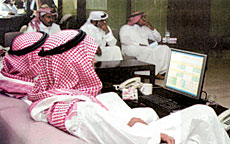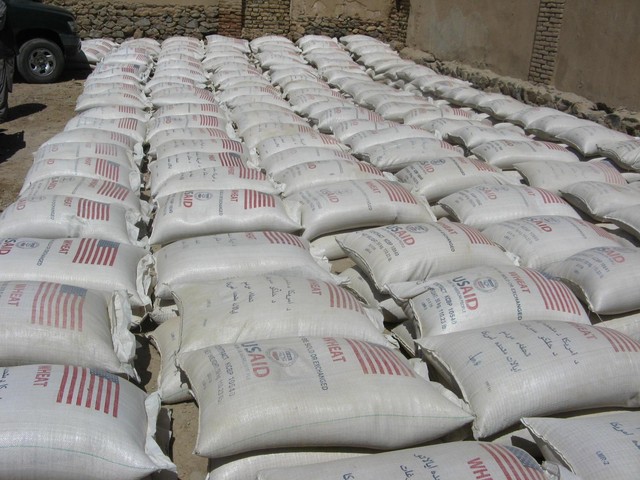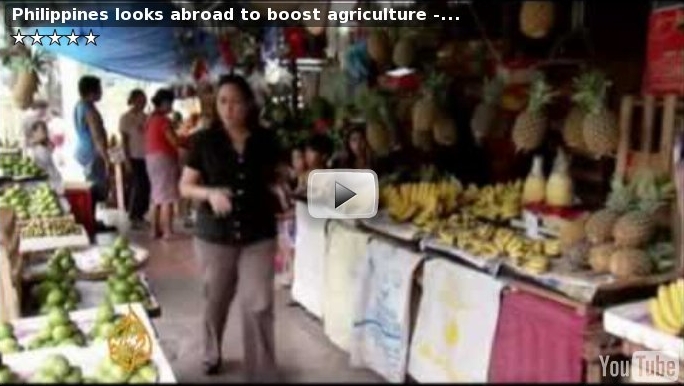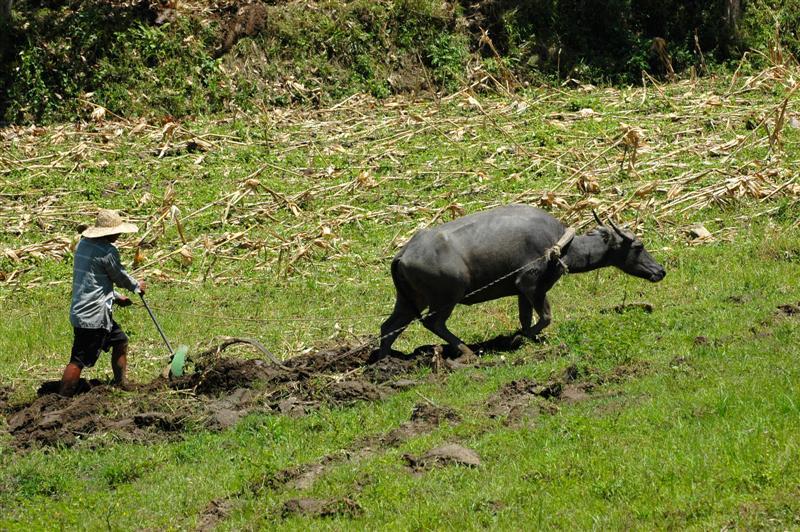Infrastructure investments necessary, but at what cost?
- The Daily Nation
- 01 February 2009
While I am all for infrastructure projects, the way these large-scale agriculture projects are being conceived leaves a lot to be desired. One, they are shrouded in secrecy. Two, this being Kenya, it is not clear who will benefit most.









